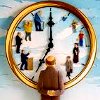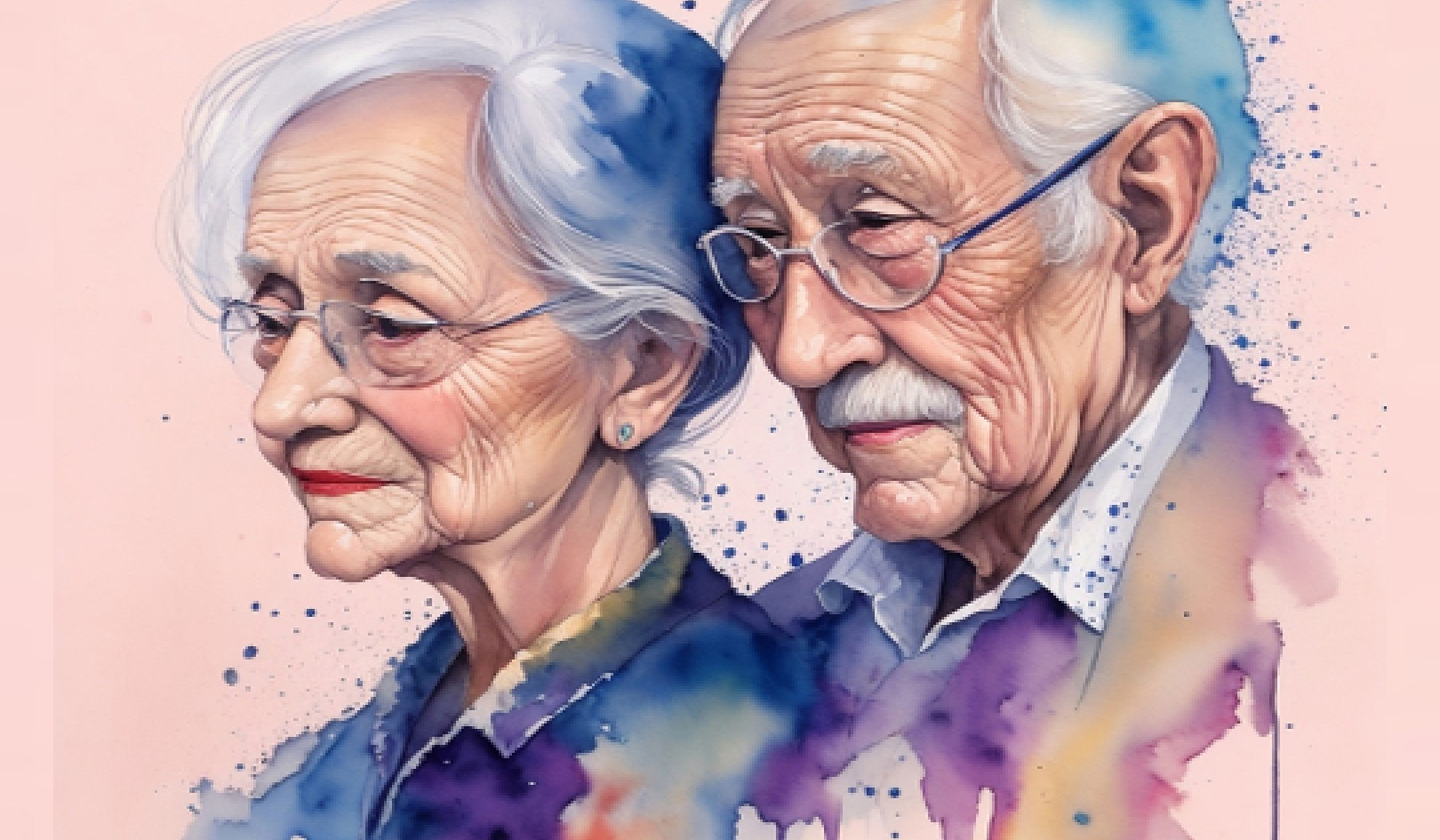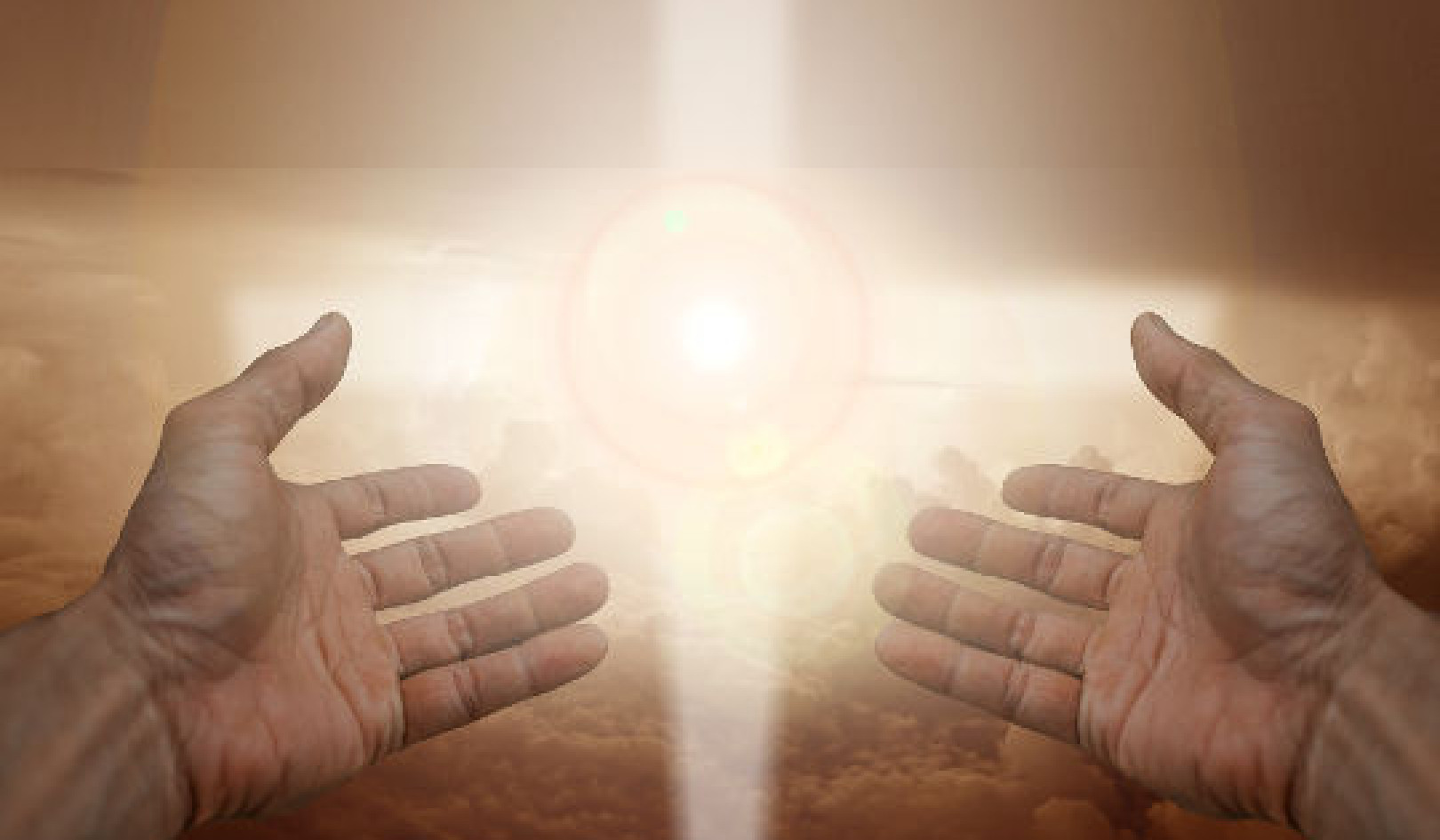
Image by Sajjad Saju
By our mid-30s or 40s, when the personality is complete, we have experienced much of what life has to offer. And as a result, we can pretty much anticipate the outcome of most experiences; we already know how they’re going to feel before we engage in them.
Since we can predict the likely emotions ahead of an actual experience, we determine whether we want to experience that “known” event before it actually occurs. Of course, all of this is happening behind the scenes of our awareness.
Here is where it gets sticky. You wake up every morning and you feel like the same person. Your environment, which you relied on so heavily to remove your pain or guilt or suffering, is no longer taking away those feelings. How could it? You already know that when the emotions derived from the external world wear off, you will return to being the same leopard who hasn’t changed its spots.
This is the midlife crisis that most people know about. Some try really hard to make buried feelings stay buried by diving further into their external world. They buy the new sports car (thing); others lease the boat (another thing). Some go on a long vacation (place). Yet others join the new social club to meet new contacts or make new friends (people). Some get plastic surgery (body). Many completely redecorate or remodel their home (acquire things and experience a new environment).
All of these are futile efforts to do or try something new so that they can feel better or different. But emotionally, when the novelty wears off, they are still stuck with the same identity. The truth is, the more they do — the more they buy and then consume — the more noticeable the feeling of who they “really are” becomes.
"Regular" Midlife: Trying to Escape the Emptiness
When we’re trying to escape the emptiness, or when we’re running from any emotion whatsoever that is painful, it is because to look at it is too uncomfortable. So when the feeling starts to get a bit out of control, most people turn on the TV, surf the Internet, or call or text someone. In a matter of moments we can alter our emotions so many times . . . we can view a sitcom or a YouTube video and laugh hysterically, then watch a football game and feel competitive, then watch the news and be angered or fearful. All of these outer stimuli can easily distract us from those unwanted feelings inside.
Technology is a great distraction and a powerful addiction. Think about it: You can immediately change your internal chemistry and make a feeling go away by changing something outside of you. And whatever it was outside of you that made you feel better inside of you, you will rely on that thing in order to sidetrack yourself over and over again. But this strategy doesn’t have to involve technology; anything momentarily thrilling will do the trick. This becomes an all-consuming search for pleasure and ways to avoid pain at all costs — a hedonistic life unconsciously driven by some feeling that won’t seem to go away.
A "Different" Midlife: Asking Big Questions
 At this time of life, other people who don’t strive to keep their feelings buried ask some big questions: Who am I? What is my purpose in life? Where am I going? Who am I doing all of this for? What is God? Where do I go when I die? Is there more to life than “success”? What is happiness? What does all this mean? What is love? Do I love myself? Do I love anyone else? And the soul begins to wake up...
At this time of life, other people who don’t strive to keep their feelings buried ask some big questions: Who am I? What is my purpose in life? Where am I going? Who am I doing all of this for? What is God? Where do I go when I die? Is there more to life than “success”? What is happiness? What does all this mean? What is love? Do I love myself? Do I love anyone else? And the soul begins to wake up...
These types of questions begin to occupy the mind because we see through the illusion and suspect that nothing outside of us can ever make us happy. Some of us ultimately realize that nothing in our environment is going to “fix” the way we feel. We also recognize the enormous amount of energy it takes to keep up this projection of self as an image to the world, and how exhausting it is to keep the mind and body constantly preoccupied.
Eventually we come to see that our futile attempt to maintain an ideal for others is really a strategy to make sure that those impending feelings we’ve been running from never capture us. How long can we juggle, keeping so many balls in the air, just so our lives don’t crash?
The Lie is Over: Facing Feelings and Letting Go of Illusions
Instead of buying a bigger TV or the latest smart phone, these people stop running from the feeling that they’ve been trying to make go away for so long, face it head-on, and intently look at it. When this happens, the individual begins to wake up. After some self-reflection, she discovers who she really is, what she has been hiding, and what no longer is working for her. So she lets go of the facade, the games, and the illusions. She is honest about who she really is, at all costs, and she is not afraid to lose it all. This person stops expending the energy she had been putting into keeping an illusory image intact.
She gets in touch with her feelings and then turns to people in her life and says: You know what? It doesn’t matter if I don’t make you happy any longer. I’m through obsessing about how I look or what other people think about me. I am finished living for everyone else. I want to be free from these chains.
This is a profound moment in a person’s life. The soul is waking up and nudging her to tell the truth about who she really is! The lie is over.
Reprinted with permission of the publisher,
Hay House Inc. www.hayhouse.com.
©2012 by Joe Dispenza. All Rights Reserved.
Article Source
Breaking The Habit of Being Yourself: How to Lose Your Mind and Create a New One
by Joe Dispenza.
 You are not doomed by your genes and hardwired to be a certain way for the rest of your life. A new science is emerging that empowers all human beings to create the reality they choose. In Breaking the Habit of Being Yourself, renowned author, speaker, researcher, and chiropractor Dr. Joe Dispenza combines the fields of quantum physics, neuroscience, brain chemistry, biology, and genetics to show you what is truly possible. Once you break the habit of being yourself and truly change your mind, your life will never be the same!
You are not doomed by your genes and hardwired to be a certain way for the rest of your life. A new science is emerging that empowers all human beings to create the reality they choose. In Breaking the Habit of Being Yourself, renowned author, speaker, researcher, and chiropractor Dr. Joe Dispenza combines the fields of quantum physics, neuroscience, brain chemistry, biology, and genetics to show you what is truly possible. Once you break the habit of being yourself and truly change your mind, your life will never be the same!
Click here for more info and/or to order this book on Amazon.
About the Author
 Joe Dispenza, D.C., the author of Evolve Your Brain, studied biochemistry at Rutgers University and holds a Bachelor of Science degree with an emphasis in neuroscience. He has a Doctor of Chiropractic degree, and received postgraduate training and continuing education in neurology, neuroscience, brain function and chemistry, cellular biology, memory formation, and aging and longevity. One of the scientists, researchers, and teachers featured in the award-winning film What the BLEEP Do We Know!?, Dr. Joe has taught thousands how to reprogram their thinking through scientifically proven neurophysiological principles. Visit his website at drjoedispenza.com
Joe Dispenza, D.C., the author of Evolve Your Brain, studied biochemistry at Rutgers University and holds a Bachelor of Science degree with an emphasis in neuroscience. He has a Doctor of Chiropractic degree, and received postgraduate training and continuing education in neurology, neuroscience, brain function and chemistry, cellular biology, memory formation, and aging and longevity. One of the scientists, researchers, and teachers featured in the award-winning film What the BLEEP Do We Know!?, Dr. Joe has taught thousands how to reprogram their thinking through scientifically proven neurophysiological principles. Visit his website at drjoedispenza.com

























